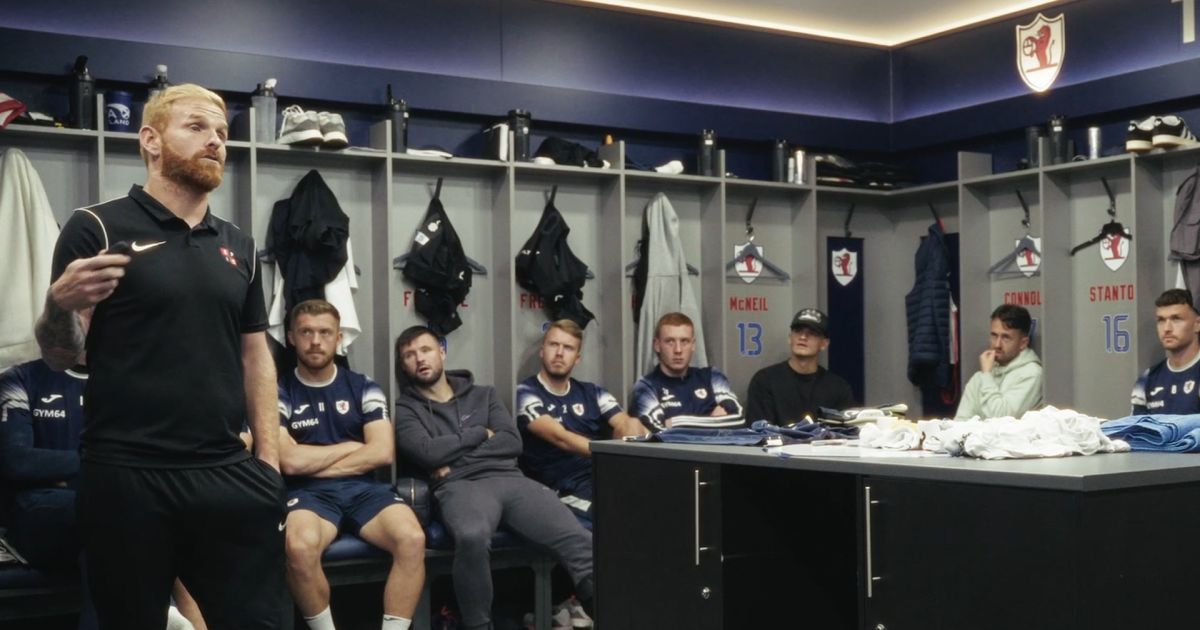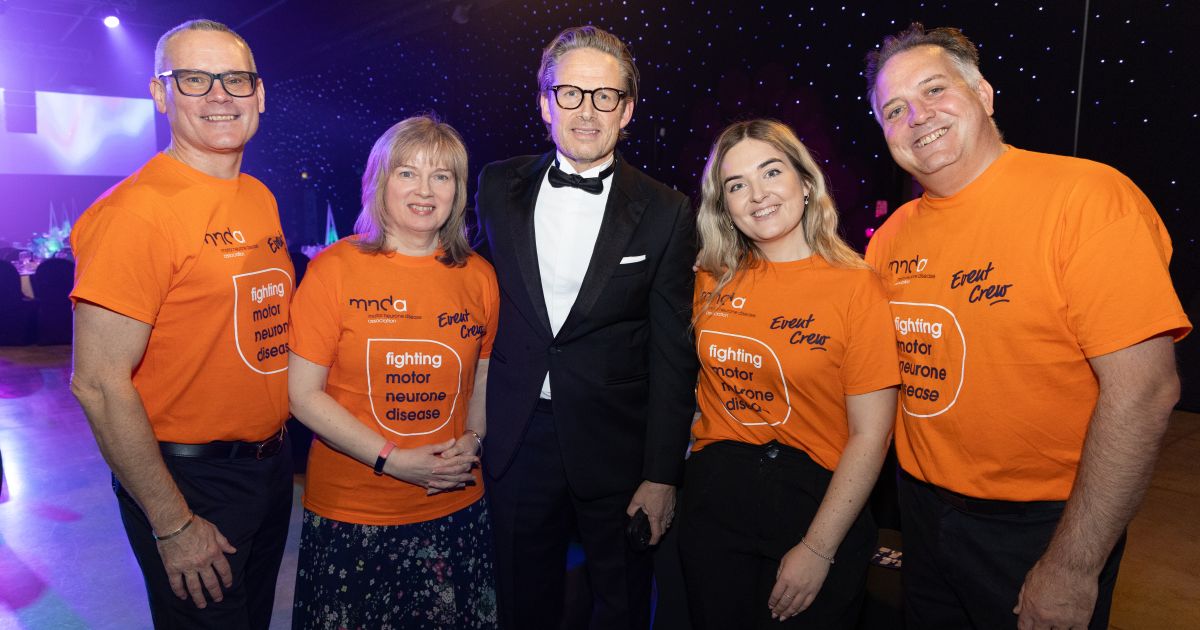Today is World Prematurity Day. Approximately 15 million babies are born preterm each year, accounting for about one in 10 of all babies born worldwide.
Currently, thousands of parents every year have no choice but to return to work while their baby is in hospital or spend months of their parental leave next to an incubator. That is why we are pleased to announce that we are launching our new Neonatal Leave policy for UK colleagues.
Our Additions to the Your Family policy will now include:
- Neonatal leave for parents of babies admitted to hospital as a neonate for the duration that the baby remains in neonatal care, provided the admission lasts for a continuous period of one week or more
- Entitlement to full pay for the duration of neonatal leave
- Eligibility to take paid neonatal leave from day one of employment
Our policy goes beyond the expected statutory entitlement, providing full pay for the duration of a neonatal admission of one week or more, regardless of how long the colleague has worked for William Hill.
Mark Skinner, Chief People Officer said: “Taking care of our colleagues remains a priority for us. If our colleagues are facing the worry of a premature or sick baby it is only right that we do what we can to support them. I am proud of this commitment and it’s another example of why people would want to join and love to stay at 888 William Hill.”
Our introduction of paid neonatal leave has been welcomed by Bliss, a charity for babies born premature and sick.
Caroline Lee-Davey, Chief Executive at Bliss, said: "Bliss is delighted to hear that William Hill is introducing neonatal leave and pay ahead of this becoming a statutory requirement. As the UK's leading charity for babies born premature and sick, we know what a difference it makes for both parents to have this much-needed time to be by their baby's side in hospital. Without the worry of rushing back to work, parents are able to be involved in delivering hands-on care, which is vital to their baby having the best possible outcomes."
Sam’s story
Last year, Sam Watson, Head of People Proposition at William Hill, had the shock of his life when his twins were born unexpectedly and very quickly at the age of just 29 weeks. One in 13 babies in the UK will be born prematurely, and Sam is keen to raise awareness of the support networks available for parents who face a similar situation.
One year on, we’re catching up with Sam to see how the twins are now, and how our new Neonatal Policy will support other people in his position.
Tell us the story of your twins’ premature birth
It all happened very suddenly. Their due date was 30 April, but my wife’s waters broke on Valentine’s Day. The doctors planned to transfer her to a specialist hospital, but within an hour of getting to Harrogate hospital, her labour started and the babies, Arthur and Edward, were born an hour later, weighing just two and a half pounds each. We spent 90 days in hospital in Leeds and Harrogate before being sent home, so we’ve been home for nearly 18 months now.
One year on, how are the boys now?
Arthur and Edward are happy and healthy and rapidly approaching their second birthday. Fortunately, we haven’t really experienced any of the potential long-term impacts of a long stay in hospital. Until they’re two, they’ll still see lots of specialists, but we’re hopeful that those first three months will soon be a distant memory and just an interesting story to tell them when they’re older!
What support did you have?
For seven weeks we had a room in purpose-built accommodation run by a charity at Leeds hospital. It was a godsend as we were spending 12 hours a day with the babies by their incubators. At the start, I naively thought I would be able to do my work emails in the evenings, but it was difficult to focus on anything other than the twins.
How did that support from your team make you feel?
I’m so grateful to my colleagues who took on my work as part of their own – they were amazing. I still remember messaging my manager the day after they were born to let him know I wouldn’t be working that day and didn’t know when I’d be able to. I kept him updated on the boys’ progress throughout and did bits of work here and there, but I wasn’t really properly engaged, as you can imagine.
How will our Neonatal Policy help to support parents of premature babies?
I received nothing but support from my team at William Hill and in practical terms was given the same support that we’re rolling out in our new policy. Across the business, our leaders will generally support other colleagues in the same way where possible. But without a formal policy, it can sometimes be difficult for leaders to know how to support colleagues, and for colleagues can create uncertainty and worry. The new policy removes the concern and worry for colleagues who need to use it and gives support for leaders whose teams have been affected.
It also makes sure that parents aren’t expected to return to work before their baby has been discharged from the hospital or expected to return to work before they’ve been able to spend vital bonding time with their new family. I saw many other new dads having to visit hospital for only a few hours a day because they were working and I’m really proud that no William Hill employee will have to do that.
What other support is available to parents of pre-term babies?
Bliss is a fantastic charity focused on giving babies the best chance of survival and quality of life. The Leeds Hospital Charity did lots of work on the wards to help parents, as did the Harrogate Hospital & Community Charity.








